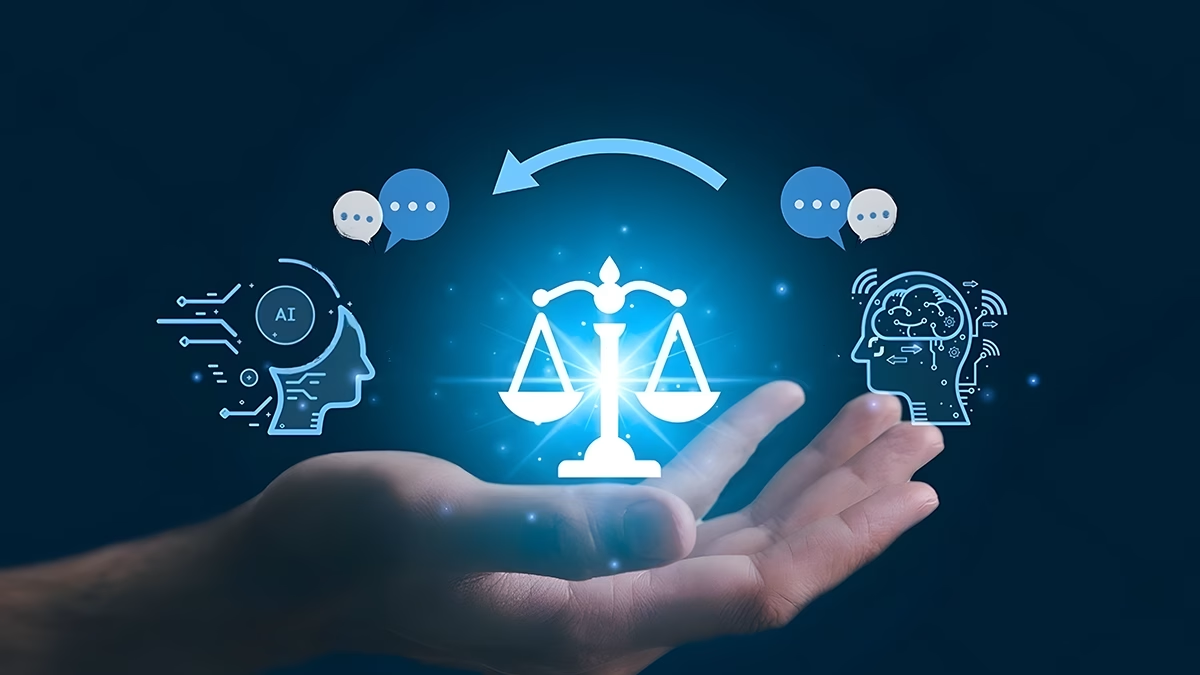A Shifting Legal Landscape for AI Training
It's been quite a week in the world of artificial intelligence and copyright law, hasn't it? Just when we thought the legal waters were murky, a couple of significant federal court rulings have come down, seemingly providing some much-needed clarity—or at least, a strong direction—regarding how AI models can be trained on copyrighted material. For anyone following the space, this is huge.
For a while now, the question of whether AI companies can use vast datasets, often containing copyrighted works, to train their algorithms has been a contentious one. On one side, you have the innovators, pushing the boundaries of what AI can do. On the other, creators, artists, and authors, understandably concerned about their intellectual property being used without permission or compensation. These recent decisions, particularly out of California, seem to lean heavily in favor of the AI developers, framing such training as a legitimate form of "fair use."
The Core of the Rulings: Fair Use and Transformation
The crux of these rulings, and indeed, the ongoing legal debate, hinges on the concept of "fair use." In the U.S., fair use allows for the limited use of copyrighted material without permission for purposes such as criticism, comment, news reporting, teaching, scholarship, or research. The courts are increasingly viewing AI training through this lens, especially when the material is legally acquired.
Take the recent victory for Anthropic, for instance. A federal judge in San Francisco ruled that their use of copyrighted books to train their AI model, Claude, falls under fair use. The key word here? "Transformative."
What "Transformative" Really Means Here
A Green Light for AI Development?
For the tech community and AI companies, these rulings are nothing short of a massive win. They provide a significant degree of legal certainty, potentially removing a major roadblock that's been hanging over the industry like a dark cloud.
Now, with courts increasingly affirming that using legally acquired copyrighted material for training is permissible, we could see an acceleration in AI development. Companies might feel more confident investing in larger, more diverse datasets, leading to more sophisticated and capable AI models. It's a bit like getting the all-clear to build a superhighway after years of navigating dirt roads. This clarity is invaluable for planning and investment, and honestly, it's a relief for many working in the field.
The Other Side of the Coin: Creators' Rights
But let's not pretend this is a universally celebrated outcome. While the tech world breathes a sigh of relief, there's palpable concern, even alarm, within creative industries. Artists, writers, musicians, and photographers rely on copyright to protect their livelihoods. Their work is their capital. When AI models can be trained on their creations without explicit permission or compensation, it raises fundamental questions about value and ownership.
Many creators feel that their work is being exploited, that the "transformative" argument is a legal loophole that devalues their original contributions. If an AI can generate text in the style of a famous author, or art in the vein of a renowned painter, where does that leave the human creator? It's a valid worry, and frankly, it's not an easy one to dismiss. I mean, if my writing style could be perfectly replicated by a machine after it's ingested all my articles, would I feel good about that? Probably not.
A Balancing Act or an Unfair Advantage?
This isn't just a legal debate; it's a philosophical one about the future of creativity and intellectual property in a world increasingly shaped by AI. Is it truly a fair balance, or does it tip the scales too heavily in favor of technology companies at the expense of individual creators? The courts are trying to strike a balance, but the scales might feel awfully uneven to those whose work is being used. It's a complex ethical tightrope walk, and we're far from seeing the full implications.
Navigating the Evolving Legal Maze
What does this mean for the future? Well, for one, expect more lawsuits. These rulings set precedents, yes, but they don't end the conversation. They merely define the current battleground. We're likely to see further appeals, new legislative efforts, and perhaps even international discussions, as countries like those in the EU and Japan grapple with their own copyright laws in the age of AI. It's a global issue, not just a U.S. one.
What This Means Moving Forward
So, where does this leave us? For now, the message from U.S. courts seems clear: if you acquire copyrighted material legally, using it to train an AI model is likely considered fair use due to its transformative nature. This is a huge boon for AI development, potentially accelerating the pace of innovation.
However, the concerns of creators are real and legitimate. This isn't a black-and-white issue, and the long-term impact on creative industries remains to be seen. My gut tells me we're only at the beginning of this legal and ethical journey. The law, as it often does, is playing catch-up with technology. And while these rulings offer some answers today, they certainly raise even more questions for tomorrow. It's going to be fascinating, and perhaps a little unsettling, to watch how it all unfolds.
